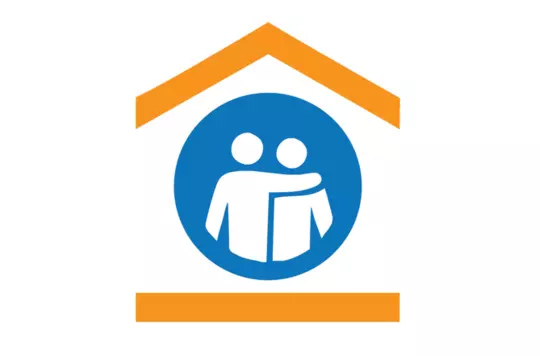John 8
‘Truth be told!’ This phrase might make you think of the TV hit series Gavin and Stacey. Stacey’s best friend, the blunt and extraordinary Nessa, is frequently heard to preface many significant, or not so significant, statements with the words, ‘Truth be told …’ Arguably the most memorable time was in the Christmas special when she said to [spoiler alert!] Gavin’s best friend Smithy, ‘Truth be told … I loves you.’
Truth can sometimes feel absent from the world we live in. We live in a world where fake news, artificial intelligence, deep fakes, scams and schemes and so much more can conceal truth and dupe us into believing almost anything. We can be left feeling confused and fearful, scared to engage from fear of being tricked.
And yet truth can be so empowering. ‘The truth will set you free’ is a common saying in the world of academia, promoting the view that knowledge is powerful. However, this phrase has not come to us from the world of education but from the Gospel according to John, recounting words spoken by Jesus and referencing a higher truth that cannot be learned in a classroom.
John 8:32 says:
‘Then you will know the truth, and the truth will set you free.’
To put this verse into context, Jesus had just finished speaking in the Temple where he outlined the differences between himself and his listeners.
‘You are from below; I am from above. You are of this world; I am not of this world. I told you that you would die in your sins; if you do not believe that I am he, you will indeed die in your sins’
(John 8:23-24)
And the outcome?
‘Even as he spoke, many believed in him’
(John 8:30)
Jesus went on to say,
‘If you hold to my teaching, you are really my disciples’
(John 8:31)
True discipleship is more than intellectual agreement; those who are really followers of Christ will hold to his word, only accepting his teachings as truth which in turn will direct one’s actions. True followers of Jesus believe he is who he claims to be – the long-awaited Messiah – and that he speaks truth about God and the Scriptures.
Verse 32 addresses those true followers present at the time, but also us disciples today:
‘Then you will know the truth, and the truth will set you free.’
The concept of freedom would have held many meanings for those listening to Jesus. The Jewish people did not consider themselves to be enslaved at the time, but they were living under the rule of the Roman Government. They enjoyed some degree of autonomy but they would have been keenly aware of the Roman presence around them in the form of soldiers, governors and kings appointed by the emperor.
When Jesus said the truth would set them free, he was not talking about political freedom; he was meaning a freedom to live in relationship with himself, free from all the trappings of sin, free from condemnation, free from the power of death and free to live within the family of God.
Luke 4:18 tells us that Jesus came to proclaim freedom for the prisoners, and we are encouraged to take hold of this freedom and live within it, as people who are free. The Bible encourages us to take hold of all of God’s promises, promises that are true and can be trusted, and to rest in the certainty of God’s provision, love, grace and mercy. The world may try to convince us of many things, about who we should be, how we should look, what we should be doing; but in Christ we have found the real truth.
REFLECT
Take some time to reflect on God’s truths, his promises, while listening to Lauren Daigle sing ‘You say’ – a song that references the truths the world would have us believe, but then reminds us of the words Jesus wants to whisper in our ears. Truth be told.
‘You say’ by Lauren Daigle






